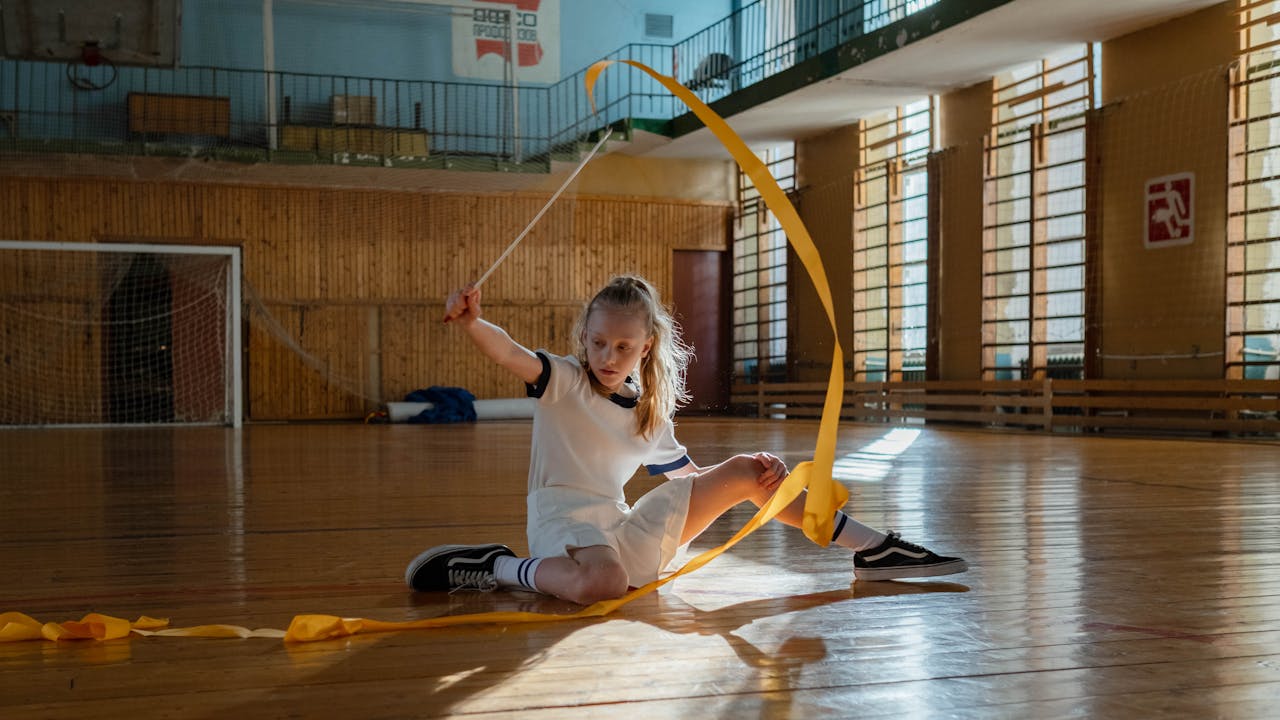Music education stands as a cornerstone of cultural enrichment and personal development, offering individuals a unique avenue for self-expression, creativity, and emotional connection. In today’s fast-paced world, where technological distractions abound, the significance of music education in fostering creativity, cognitive development, and social cohesion cannot be overstated. Through this exploration, we delve into the essence of music education, its impact on personal and societal development, and its role in nurturing a deeper appreciation for the arts.
Understanding Music Education
Music education encompasses a multifaceted approach to learning that encompasses the study of music theory, history, performance, composition, and appreciation. It provides individuals with opportunities to explore a diverse range of musical genres, styles, and traditions, from classical to contemporary, and from Western to non-Western traditions. Through a combination of hands-on experiences, theoretical knowledge, and practical skills development, music education empowers students to become informed, skilled, and passionate participants in the world of music.
Cultivating Creativity and Self-Expression
One of the primary objectives of music education is to cultivate creativity and self-expression in individuals. Through the process of learning to play an instrument, sing, or compose music, students are encouraged to explore their unique artistic voice, experiment with different musical ideas, and express themselves authentically through music. By providing a safe and supportive environment for creative exploration, music education empowers students to develop their creative potential and find their own unique musical identity.
Enhancing Cognitive Development
Music education has been shown to enhance cognitive development in a variety of ways. Studies have found that learning to play an instrument, for example, can improve memory, attention, and executive function skills such as planning, problem-solving, and self-regulation. Additionally, music education engages multiple areas of the brain simultaneously, stimulating neural connections and fostering holistic brain development. By engaging in musical activities that challenge the mind and body, students develop essential cognitive skills that are transferable to other areas of learning and life.
Fostering Social and Emotional Development
Music education also plays a crucial role in fostering social and emotional development in individuals. By participating in group music-making activities such as choir, band, or ensemble performances, students learn to collaborate, communicate, and work together towards a common goal. Additionally, music has the power to evoke a wide range of emotions, from joy and excitement to sadness and introspection, allowing students to explore and express their emotions in a safe and supportive environment. Through music, students develop empathy, compassion, and emotional intelligence, essential skills for building positive relationships and navigating the complexities of human interaction.
Promoting Cultural Understanding and Appreciation
Music education promotes cultural understanding and appreciation by exposing students to a diverse range of musical traditions and styles from around the world. By studying the music of different cultures, students gain insight into the values, beliefs, and traditions of diverse communities, fostering respect, empathy, and appreciation for cultural diversity. Additionally, music education provides opportunities for students to engage with music from different historical periods, allowing them to explore the rich tapestry of human creativity and expression throughout history.
Empowering Personal Growth and Lifelong Learning
Central to the philosophy of music education is the belief that music has the power to transform lives and empower individuals to reach their full potential. By providing opportunities for personal growth, self-expression, and lifelong learning, music education helps students develop a sense of identity, purpose, and confidence in themselves and their abilities. Whether through performing, composing, or simply listening to music, students develop a lifelong appreciation for the arts and continue to engage with music as active participants and informed consumers throughout their lives.
In conclusion, music education stands as a powerful catalyst for personal and societal development, enriching lives through the exploration of creativity, cultural understanding, and emotional connection. By cultivating creativity and self-expression, enhancing cognitive and social-emotional development, promoting cultural understanding and appreciation, and empowering personal growth and lifelong learning, music education equips individuals with the skills, knowledge, and passion to become engaged citizens and lifelong advocates for the arts. Through continued investment and commitment to quality music education programs, we can unlock the transformative power of music to create a more harmonious, connected, and vibrant world.




